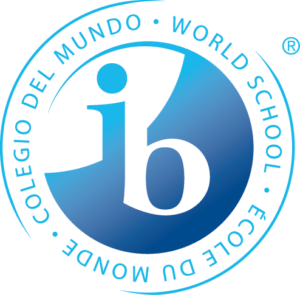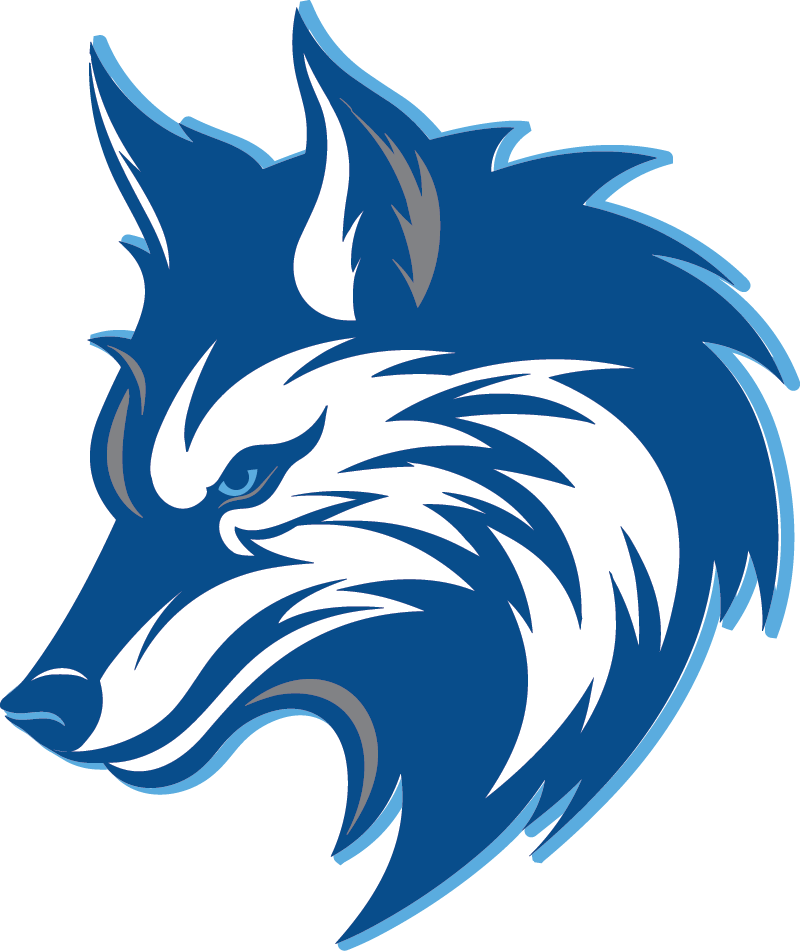 Every student at Wedgewood Park International School is both a Milwaukee Public Schools and IB World School scholar.
Every student at Wedgewood Park International School is both a Milwaukee Public Schools and IB World School scholar.
Students prepare for high school, college, and career through the IB accredited Middle Years Programme (MYP), a standards-based curriculum that connects students to cultures and communities world-wide.
Through the IB MYP, Wedgewood Park educators empower students to take ownership in their own learning and help them develop future-ready skills to make a difference and thrive in a world that changes fast.
IB Mission Statement
The International Baccalaureate aims to develop inquiring, knowledgeable, and caring young people who help to create a better and more peaceful world through intercultural understanding and respect.
To this end, the organization works with schools, governments, and international organizations to develop challenging programs of international education and rigorous assessment.
These programs encourage students across the world to become active, compassionate, and lifelong learners who understand that other people, with their differences, can also be right.
Learner Profile
The IB Learner Profile lays out the skills and competencies it seeks to instill in our students. The learner profile helps to guide teachers in the development of their courses and prompts our students to think more broadly about themselves instead of just about pure coursework.
As IB learners, we strive to be: Inquirers, Knowledgeable, Thinkers, Communicators, Principled, Open-Minded, Caring, Risk-Takers, Balanced, and Reflective.
Global Context
Students in the IB programme learn best when their learning experiences have context and are connected to their lives and to the world that they have experienced. When learning becomes meaningful and relevant, students are more likely to be engaged. Teachers can impact student learning by providing engaging and inspiring global contexts that contribute towards development of the attributes of the IB learner profile. Learning in global contexts enables learners to directly link concepts with their own lives and put knowledge into action (Westera 2009). This contextual learning helps teachers and students answer the important questions like, “Why are we learning this?”
Identities and relationships: Who we are: an inquiry into the nature of the self; beliefs and values; personal, physical, mental, social and spiritual health; human relationships including families, friends, communities and cultures; rights and responsibilities; what it means to be human.
Orientation in space and time: Where we are in place and time: an inquiry into orientation in place and time; personal histories; homes and journeys; the discoveries, explorations and migrations of humankind; the relationships between, and the interconnectedness of, individuals and civilizations, from local and global perspectives.
Personal and cultural expression: How we express ourselves: an inquiry into the ways in which we discover and express ideas, feelings, nature, culture, beliefs and values; the ways in which we reflect on, extend and enjoy our creativity; our appreciation of the aesthetic.
Scientific and technical innovation: How the world works: an inquiry into the natural world and its laws; the interaction between the natural world (physical and biological) and human societies; how humans use their understanding of scientific principles; the impact of scientific and technological advances on society and on the environment.
Globalization and sustainability: How we organize ourselves: an inquiry into the interconnectedness of human-made systems and communities; the structure and function of organizations; societal decision-making; economic activities and their impact on humankind and the environment.
Fairness and development: Sharing the planet: an inquiry into rights and responsibilities in the struggle to share finite resources with other people and with other living things; communities and the relationships within and between them; access to equal opportunities; peace and conflict resolution.
